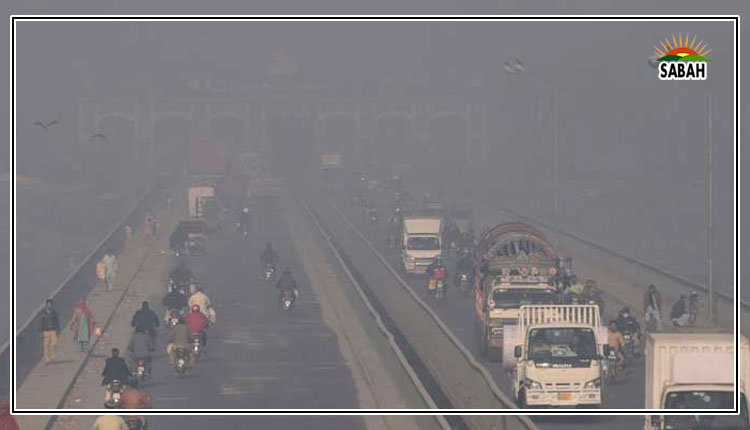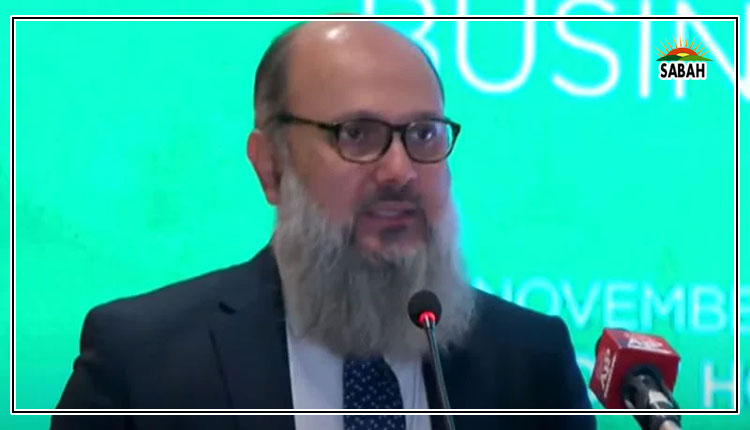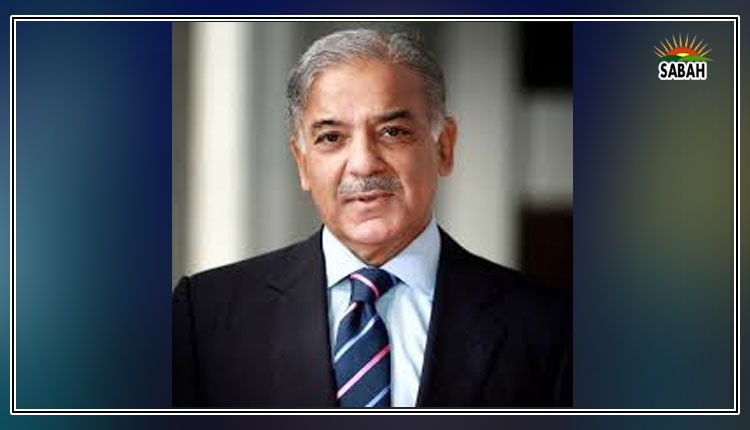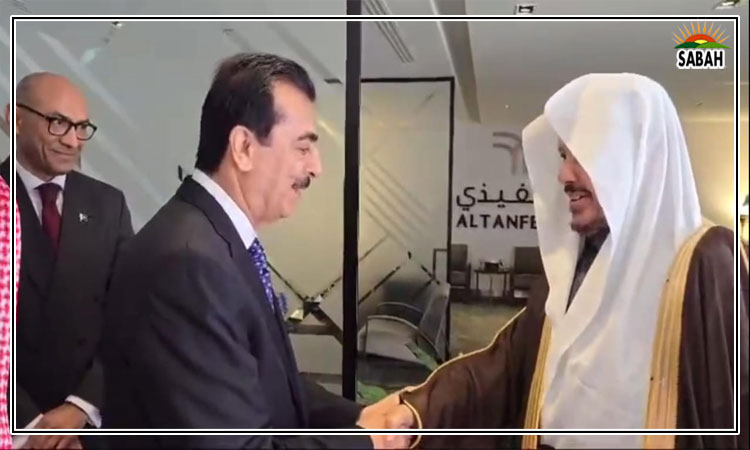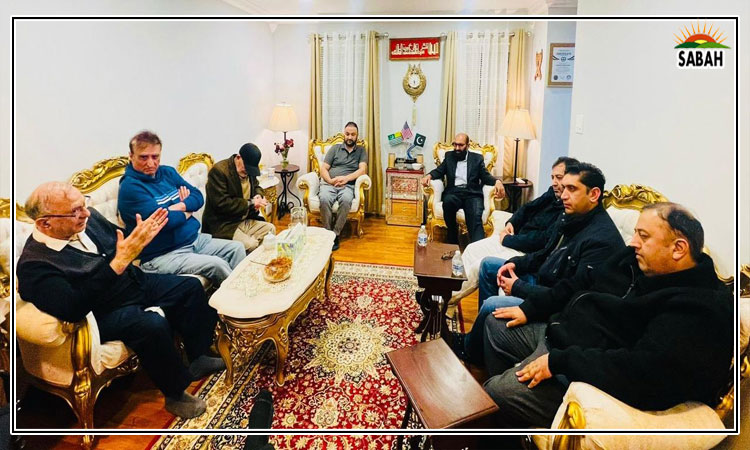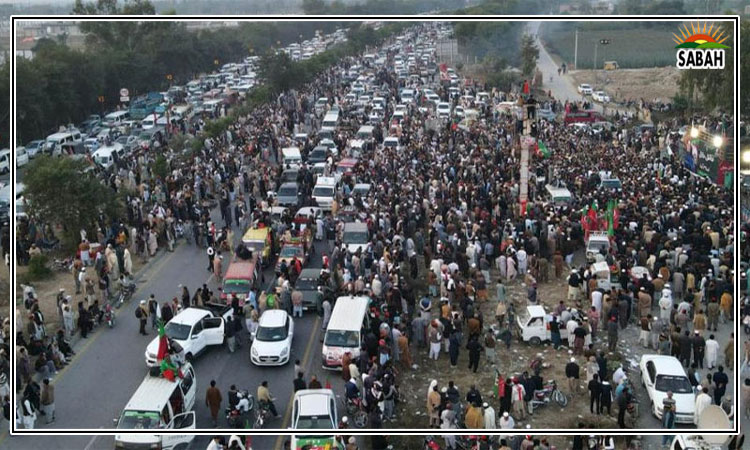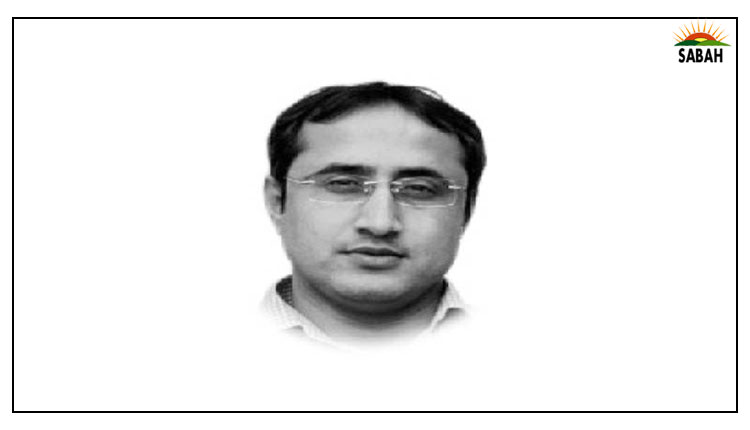Modi’s Pakistan policy…Dr Shuja Ahmed Mahesar
Modis anti-Muslim rhetoric and his aggressive stance during the BJPs general election campaign did not contribute much to his electoral success. His hostile attitude towards Pakistan during the election rallies has bolstered his image as a fascist leader and a bitter enemy of peace. In the run-up to the elections, Modi suppressed Muslim identities by constructing Ram Mandir on the ruins of Babri Masjid to fuel his election campaign. Modi and other BJP leaders highlighted the illegally annexed occupied Kashmir as their achievement and promised the voters to forcibly occupy Azad Kashmir. BJPs growing bellicosity and the pugnacious mindset of its leadership indicate that Modi will continue endangering peace in the region by expunging India of tolerance and harmony. However, despite its Hindu nationalist agenda, the BJP was unable to secure a two-thirds majority in the general elections that ended on June 1. This would help the opposition to water down Modis intentions for bringing fundamental changes in the Indian constitution like shedding its secular status and banishing harmony and affinity from society.
Nevertheless, with the return of Modi as Prime Minister for a third consecutive term, it is expected that he would learn from his past political blunders based on the politics of hate causing divide among the people of India and creating fear among the more than 250 million Muslims through extremist activities of Hindus groups affiliated with the ruling party. His administration may wish to deal with communal issues with care to maintain peace. A change in his diplomatic approach may pave the way for a dialogue between Pakistan and India and improve relations between the two countries which were slumped in 2019. After the Pulwama attack, India began to carry out terrorist activities in Pakistan and these operations were directly controlled and monitored by the Office of the Indian PM. Also, India has been accused by the US and Canada of involvement in the killing of dissident figures on their soil last year. Indian intelligence agencies are largely inspired by Israel intelligence network in conducting such operations abroad. However, the brazenness of Indian-sponsored terrorism has been exposed to the world, threatening diplomatic isolation for the country. Hence, during his third term, Modi must change its post-Pulwama approach towards Pakistan and initiate a dialogue for peace instead of putting pressure on the country through different forums, including BRICS. Modi should resume talks with Pakistan on all issues including Kashmir and create lasting peace in the region.
The South Asia region is undergoing monumental transformation due to global shift in power structure accelerated by economic and technological factors. Modis objective comprehension of these significant changes should not allow him to continue his traditional way of looking at Pakistan while ignoring its geopolitical importance for regional security and economic globalisation. Modi needs to understand the value of peace in evolving geo-economics and acknowledge Pakistans crucial role in the war on terrorism. Pakistan has confronted a huge challenge of terrorism and gave a lot of sacrifices, and its role cannot be undermined by propagating false narratives. India should navigate the ways and explore possibilities for making durable peace in the region and cooperate with Pakistan to make South Asia a terrorism-free region.
During his third term, Modi may continue his efforts to consolidate Indias economic status by boosting domestic manufacturing industry; developing information technology communications; building transport and energy infrastructure; and taking more poverty reduction measures. Keeping in view his focus on economic growth, it can be hoped that his dream of making India a Hindu state will not shift his attention from developing trade links with neighbours. India can trade with Pakistan in a similar way it is trading with its rival China which has become Indias second largest trade partner. Thus, Modi is expected to take steps based on logic of economic necessity to open new opportunities for trade between India and Pakistan. Further, Modi needs to understand that maintaining the economic growth rate is linked to environmental sustainability. Thus, both countries should also cooperate in addressing environmental issues. Climate crisis is one of the biggest challenges faced by both India and Pakistan. India is the worlds third largest polluter; and Pakistan emits less than 1% of greenhouse gases, but faces large-scale devastation. Both countries can jointly fight climatic catastrophes mitigating shared vulnerabilities and manage transboundary water resources, renewable energy and meteorological chaos which affect people indiscriminately on both sides of the border.
Arguably, Modis Pakistan policy during his third term is not expected to be changed and there is no likelihood of India agreeing to initiate a dialogue for resolution of all outstanding issues with Pakistan. Nevertheless, Islamabad should not wait until a positive initiative from Modi. Instead, it should demonstrate positivity by devoting energies to achieving peace and stability. Further, Islamabad needs to reform the working of Foreign Office by focusing more on effective and action-oriented diplomacy with great care and responsibility. It needs to activate its missions abroad with a clear vision and strategy for achieving diplomatic goals and counterweight Indias coalition diplomacy used for international lobbying against Pakistan.
Courtesy The Express Tribune


